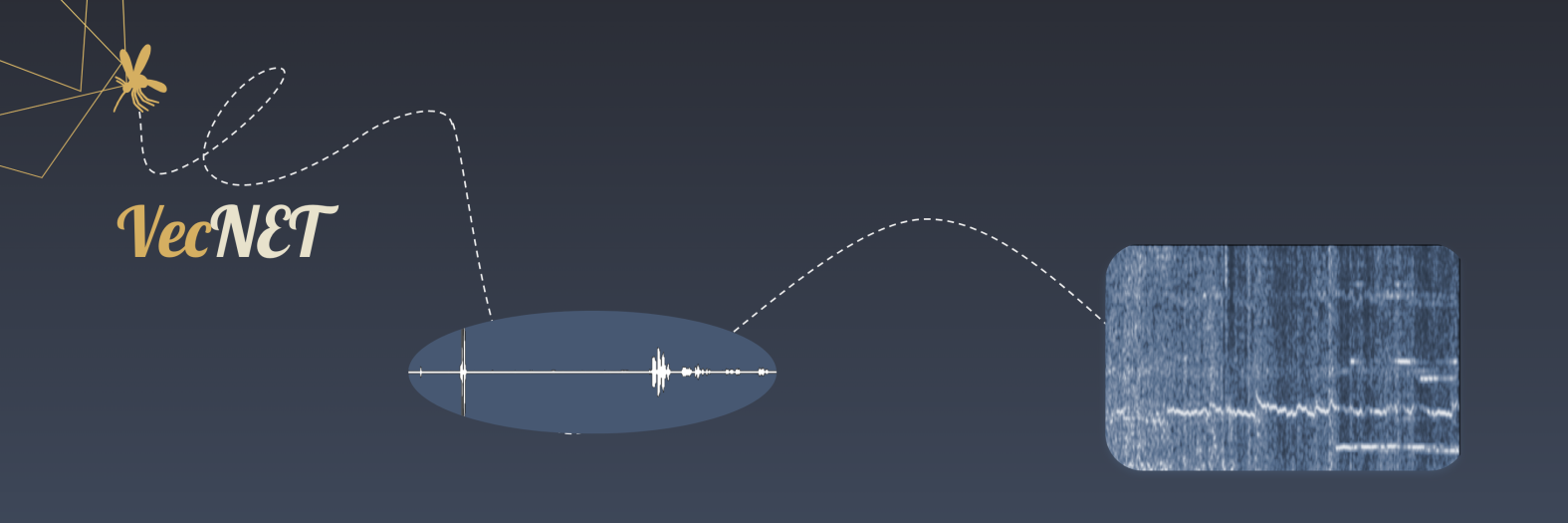VecNet: An AI-Based Approach to Regulate Spread of Mosquito-Borne Diseases
Mosquitoes, though very small, are responsible for more deaths than any other creature in the world. There is a sustained global effort to study and control the spread of dangerous mosquito vectors. However, according to the World Health Organization(WHO), the progress against one of the deadly diseases 'Malaria' has stalled. Global Warming and COVID-19 have also led to a recent increase in mosquito-borne diseases. Hence there is an urgent global need for improved and novel mosquito vector control intervention strategies.
One such effort by the University of Oxford's HumBug team is to use budget smartphones as bioacoustic sensors to detect and classify mosquitoes. However, HumBug's unreliable mosquito event detection system prevents it from being used for real-world conditions.
We solve this problem by improving on HumBug’s detection solution using innovative pre-processing and cutting-edge deep learning techniques. With an improvement of 165% on the HumBug team’s true positive rate, we were able to deploy our solution into their production pipeline. In addition, we improved the accuracy in their inference pipeline on incoming field data by 4 times. Initial results from evaluation of our solution show that we were also able to improve their overall pipeline performance twofold.
We are positive that our solution can help streamline HumBug's pipeline to deploy their system to real-world conditions, such as the malaria endemic regions of sub-Saharan Africa. Because of this, we plan to continue our work with Oxford's HumBug team and work toward publishing a paper about our work.











